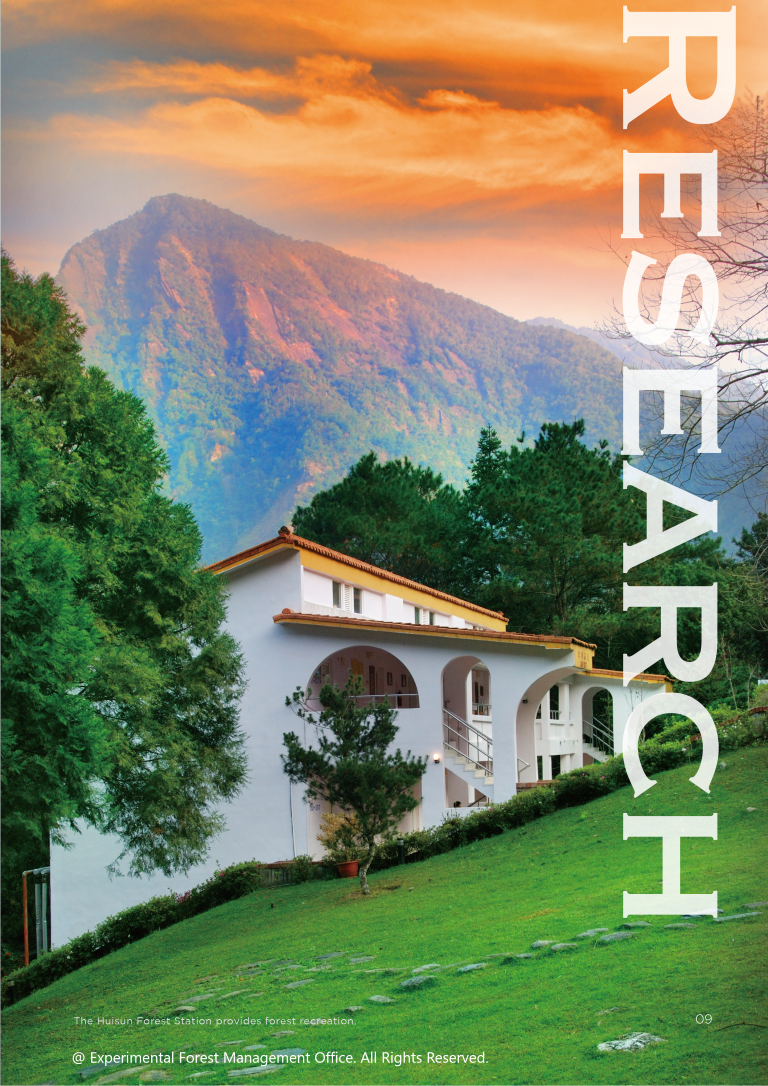Source: Dr. Chia-Feng Juang (Distinguished Professor of Department of Electrical Engineering, National Chung Hsing University)
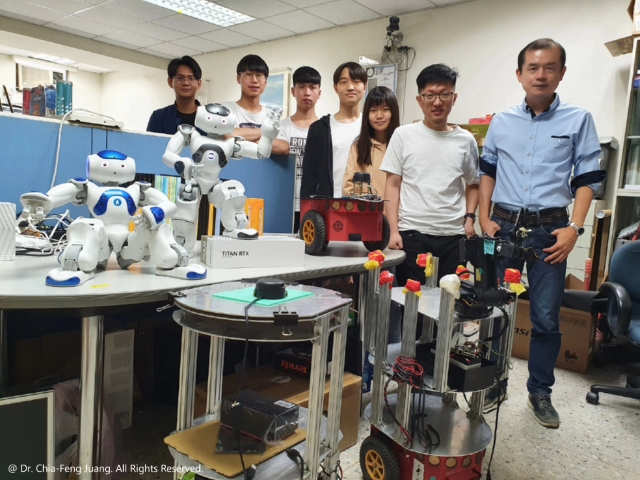
Prof. Chia-Feng Juang (right) and his research team members.
AI has become a popular research topic in recent years and has shown great success in different applications. However, most AI models function as black boxes, and it is hard to explain the inference process of a suggestion made by these models. In this context, explainable AI (XAI) has attracted the attention of many researchers. Fuzzy systems (FSs) that show the advantage of interpretability in their inference fuzzy rules may provide a possible solution to XAI. Prof. Chia-Feng Juang, the distinguished professor from the Department of Electrical Engineering at NCHU, has devoted himself to advancing computational intelligence techniques, especially data-driven interpretable FSs.
The three main pillars of computational intelligence are FSs, neural networks, and evolutionary computation. Based on the integration of these techniques, Prof. Juang has proposed two learning approaches for data-driven interpretable FSs. The first approach is the “neural fuzzy system,” which brings the learning ability of neural networks into FSs to build interpretable fuzzy rules. Medically, he has applied the “neural fuzzy system” to fast diagnosis and treatment of obstructive sleep apnea (OSA) syndrome. OSA is a common disorder with a prevalence of 2% to 4% of the adult population. Overnight polysomnography (PSG) is the gold standard to determine OSA severity. However, this method suffers from a long waiting list. In collaboration with the Taichung Veterans General Hospital, Taiwan, Prof. Juang has proposed a neural fuzzy evaluation system for fast estimation of the severity of OSA using three readily available physiological variables so that OSA treatment can be performed as soon as possible.
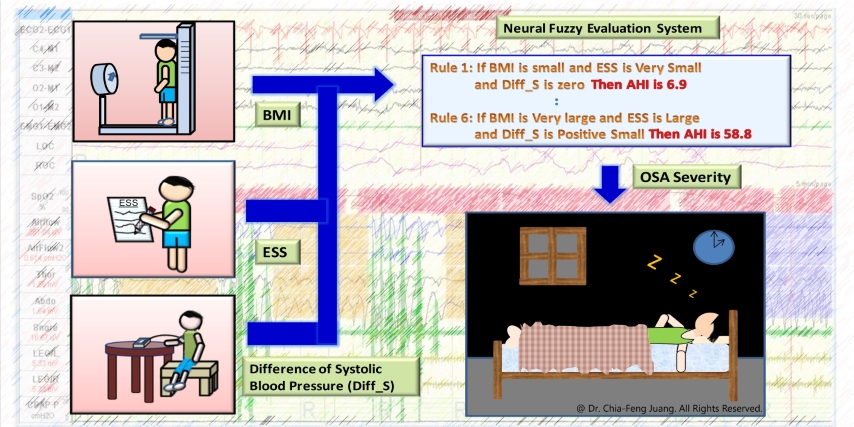
Estimation of OSA severity using an interpretable fuzzy system with readily available physiological variables (IEEE JBHI 2017, Doi: 10.1109/JBHI.2016.2633986; IEEE TFS 2023, Doi: 10.1109/TFUZZ.2022.3222033):
Regarding the treatment of OSA, manual titration of positive airway pressure (PAP) is a gold standard for providing optimal pressure. Since manual titration is costly and time-consuming, Prof. Juang has proposed a fuzzy neural prediction network using only two readily available physiological variables for rapid prediction of an optimal PAP in the treatment of OSA.
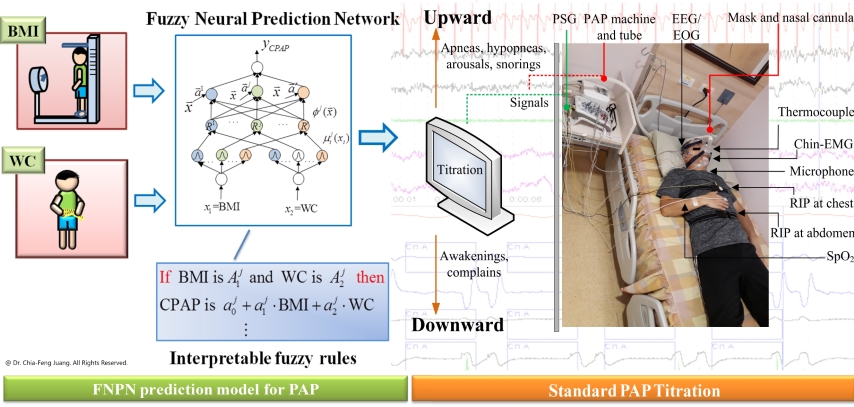
A fuzzy neural prediction network with readily available physiological variables for rapid prediction of an optimal PAP in the treatment of OSA. (IEEE JBHI 2022, Doi: 10.1109/JBHI.2021.3120662)
The second learning approach is multiobjective evolutionary FS, which learns a set of non-dominated FSs through evolutionary computation algorithms for handling multiobjective reinforcement/supervised learning problems. The approach- has been applied to self-learning robots, which aims to endow a robot with the ability to develop its own skills automatically via reinforcement signals from environments. “Typical AI models consider only the control performance of a robot; the evolutionary FS model we proposed considers both control performance and model interpretability as well as their trade-off,” says Prof. Juang. He has applied the multiobjective evolutionary FSs to wall-following learning control of a wheeled/hexapod robot. “For training AI models in robots and other control applications, learning efficiency is an important issue,” says Prof. Juang. To boost the learning efficiency of multiobjective evolutionary FSs, he has also proposed the technique of reinforcement neural fuzzy surrogate (RNFS)-assisted learning for robot locomotion control. The learned wall-following behavior has been applied to navigate a single robot and multiple cooperative robots in unknown environments, which helps control a robot to pass through narrow passages to shorten a navigation path.
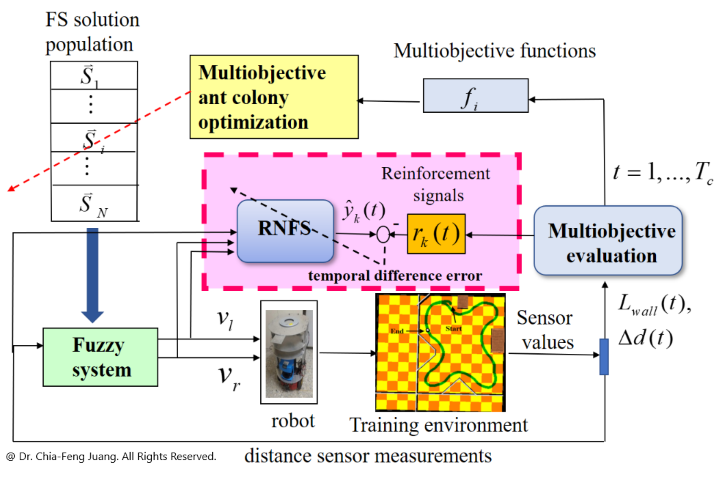
Learning configuration of reinforcement neural fuzzy surrogate-assisted multiobjective evolutionary fuzzy systems for robot wall-following control. (IEEE TFS 2020, Doi: 10.1109/TFUZZ.2019.2907513)
After his hard work, effort, and commitment to computational intelligence techniques through the years, Prof. Juang has won the “Outstanding Research Award” from the Ministry of Science and Technology, Taiwan. Internationally, he is a Fellow of the Institute of Electrical and Electronics Engineers (IEEE) and a Distinguished Lecture of the IEEE Computational Intelligence Society (CIS).
Please refer to QR code for IEEE CIS Distinguished Lectures.



